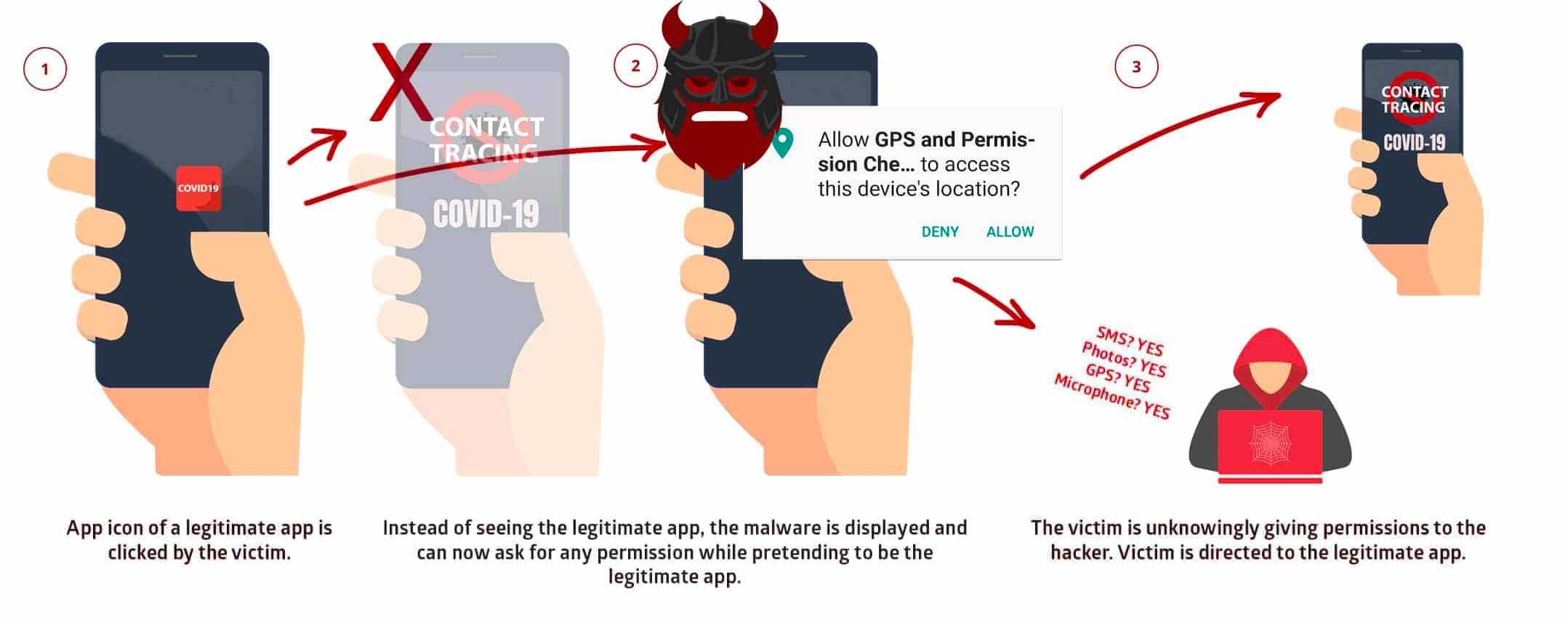Researchers Hacked EV Car Chargers To Execute Arbitrary Code
EVs face significant cyber risks due to their reliance on interconnected systems and the increasing number of public charging stations, which often lack robust security measures. Vulnerabilities in EV software and charging infrastructure can expose vehicles to malware, unauthorized access, and potential control by hackers. During Pwn2Own Automotive 2024 in Tokyo, cybersecurity researchers hacked EV car chargers to execute arbitrary code. Researchers Hacked EV Car Chargers At the Pwn2Own Automotive 2024 event, researchers exploited three EV chargers:- Autel MaxiCharger (MAXI US AC W12-L-4G) ChargePoint Home Flex JuiceBox 40 Smart EV Charging Station They executed arbitrary code via Bluetooth while focusing on the Autel MaxiCharger, and this uncovered the “CVE-2024-23958,” “CVE-2024-23959,” and “CVE-2024-23967” vulnerabilities . The features of the charger include WiFi, Ethernet, Bluetooth, 4G LTE, RFID, LCD touchscreen, RS485, and a USB-C port. Its har...



Comments
Post a Comment